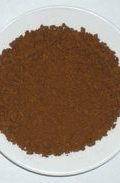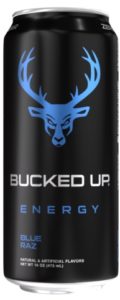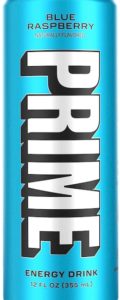Mountain Dew
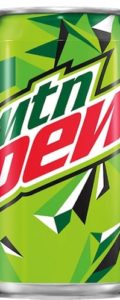
Serving Size
12
fl oz
354
ml
📈 Comparison Chart
High
Med
Low
1800
1500
1200
900
600
300
0
🧐 Mountain Dew Dosage Information
Mountain Dew contains moderate amounts of caffeine in it, You may consume upto 1-3 servings in a day, making sure your total caffeine intake is less than 300mg in a day. This Drink also consists of high sugar levels, if you consume more than 1 serving, try to be active through out the day.
🧃 Ingredients
✅ Your Safe Caffeine Limit
Enter your age:
Enter your weight:
Your results will show here 👇
🤔 About Mountain Dew
Mtn Dew is a popular citrus-flavored carbonated drink manufactured by PepsiCo. It contains 54 mg of caffeine in a 12 fl oz serving, along with 170 calories and 46 grams of sugar.
📝 Frequently Asked Questions
1. How Long Does It Take to Kick In?
Caffeine typically takes about 15-45 minutes to kick in, depending on individual metabolism and tolerance levels.
2. How Long Does It Stay in your body?
The half-life of caffeine is about 3-5 hours, meaning it takes this amount of time for the body to eliminate half of the consumed caffeine. However, it can take up to 10 hours for caffeine to fully clear the system.
3. Will it affect your sleep cycle?
Consuming caffeine, especially in the afternoon or evening, can disrupt sleep patterns and make it harder to fall asleep. It is recommended to avoid caffeine several hours before bedtime to ensure a good night's sleep.
4. Can It Cause Heart Issues?
Excessive caffeine consumption can lead to an increased heart rate and blood pressure, potentially causing heart palpitations or other cardiovascular issues. It is important to moderate caffeine intake to avoid these effects.
5. Can it make you anxious?
Caffeine can exacerbate symptoms of anxiety in some individuals, leading to increased feelings of nervousness or restlessness. It is important to be mindful of personal caffeine tolerance and adjust intake accordingly.
🍶 Similar Drinks
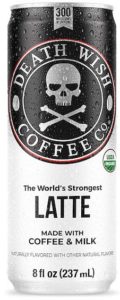
Death Wish Latte
Caffeine: 300mg
Serving: 236ml
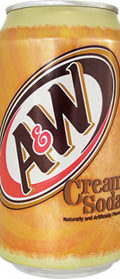
A&W Cream Soda
Caffeine: 0mg
Serving: 354ml

Monster Ripper Energy Juice (UK)
Caffeine: 160mg
Serving: 500ml
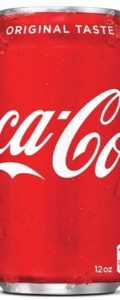
Coca-Cola Classic
Caffeine: 34mg
Serving: 354ml

Club Mate (EU)
Caffeine: 100mg
Serving: 500ml

